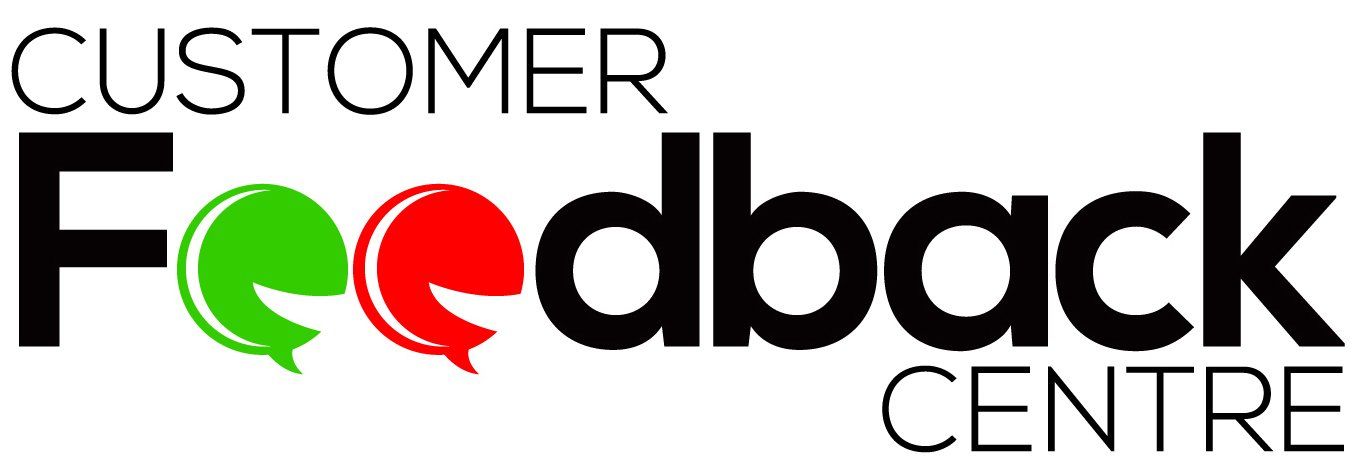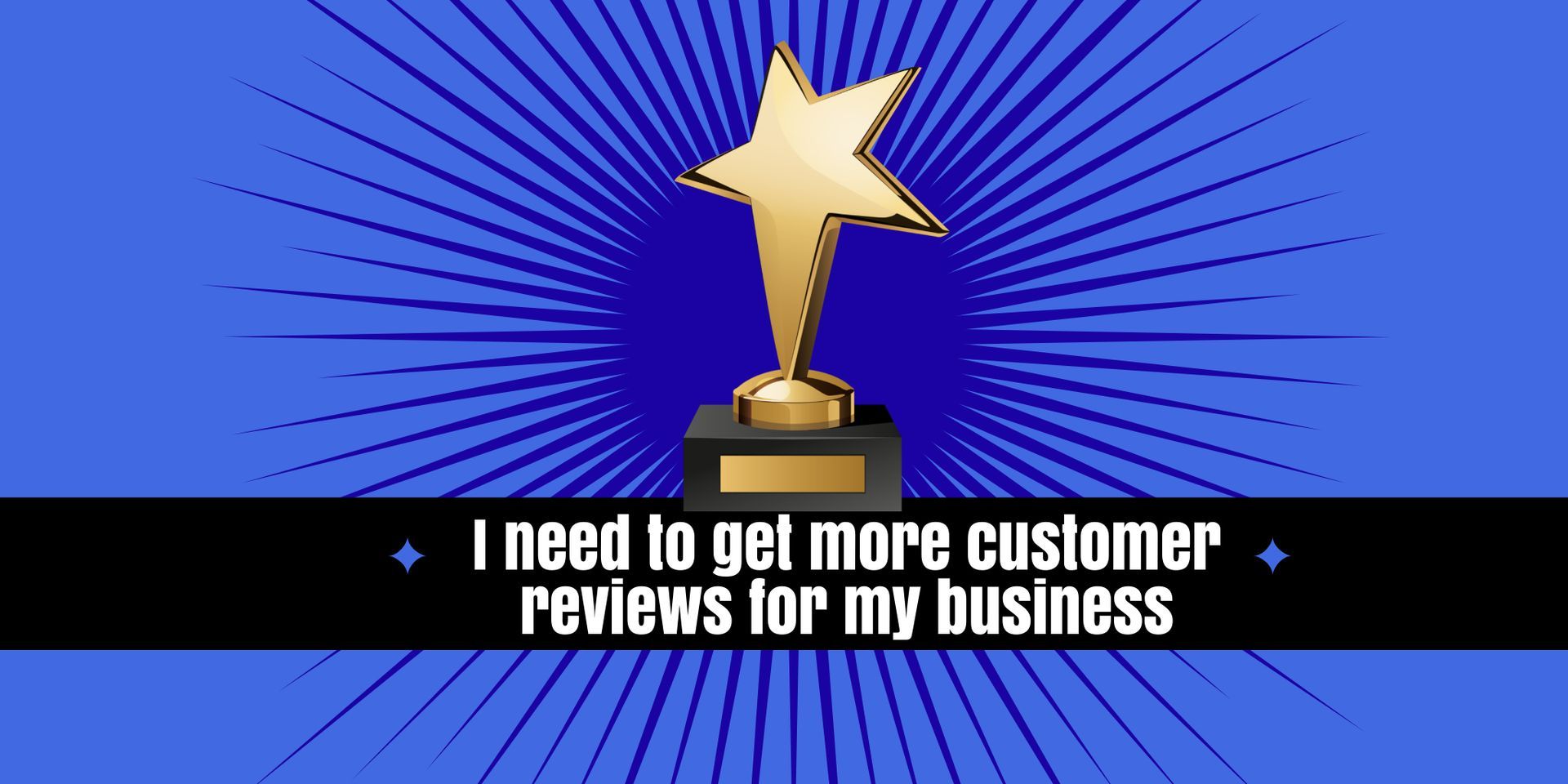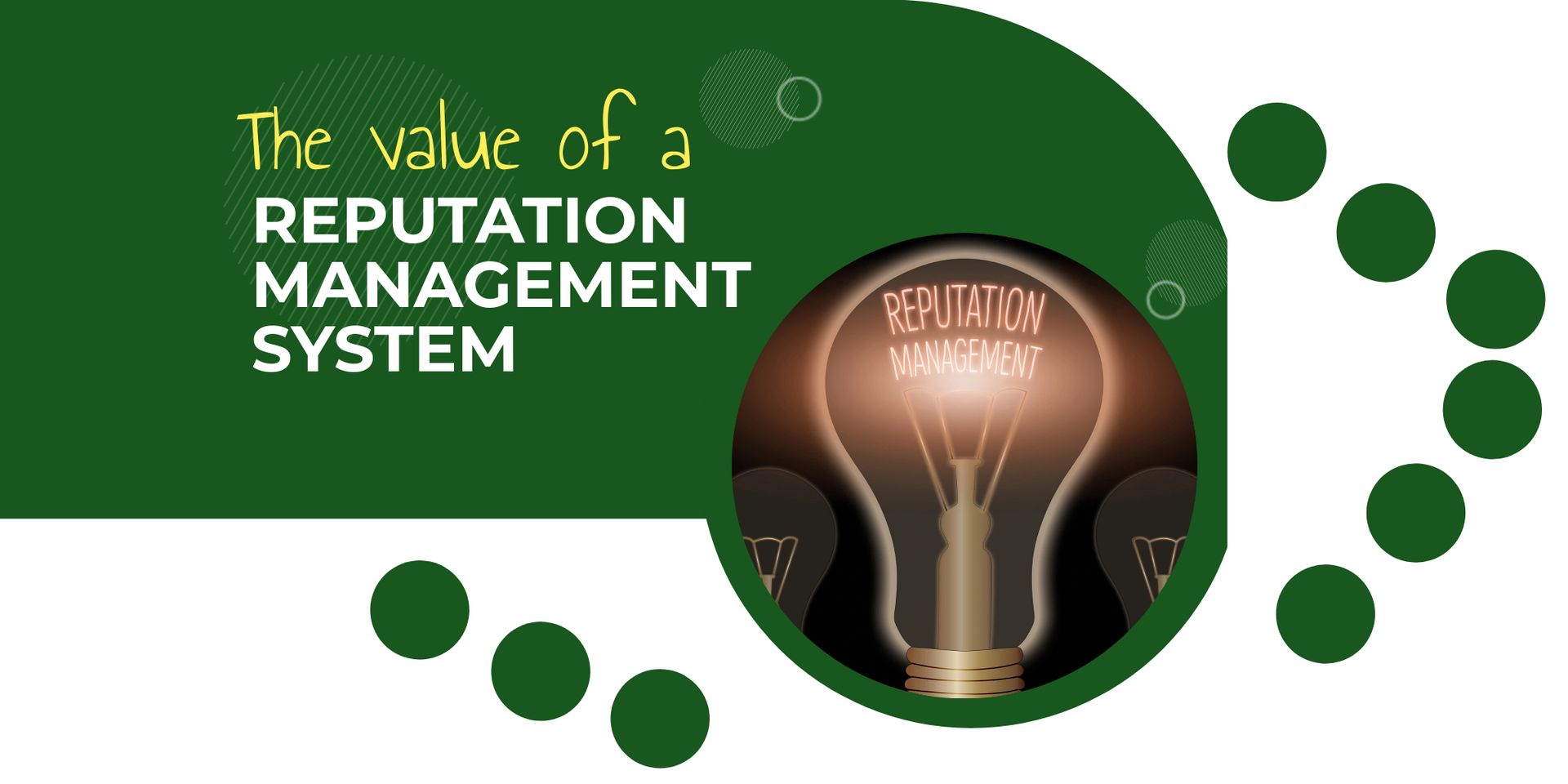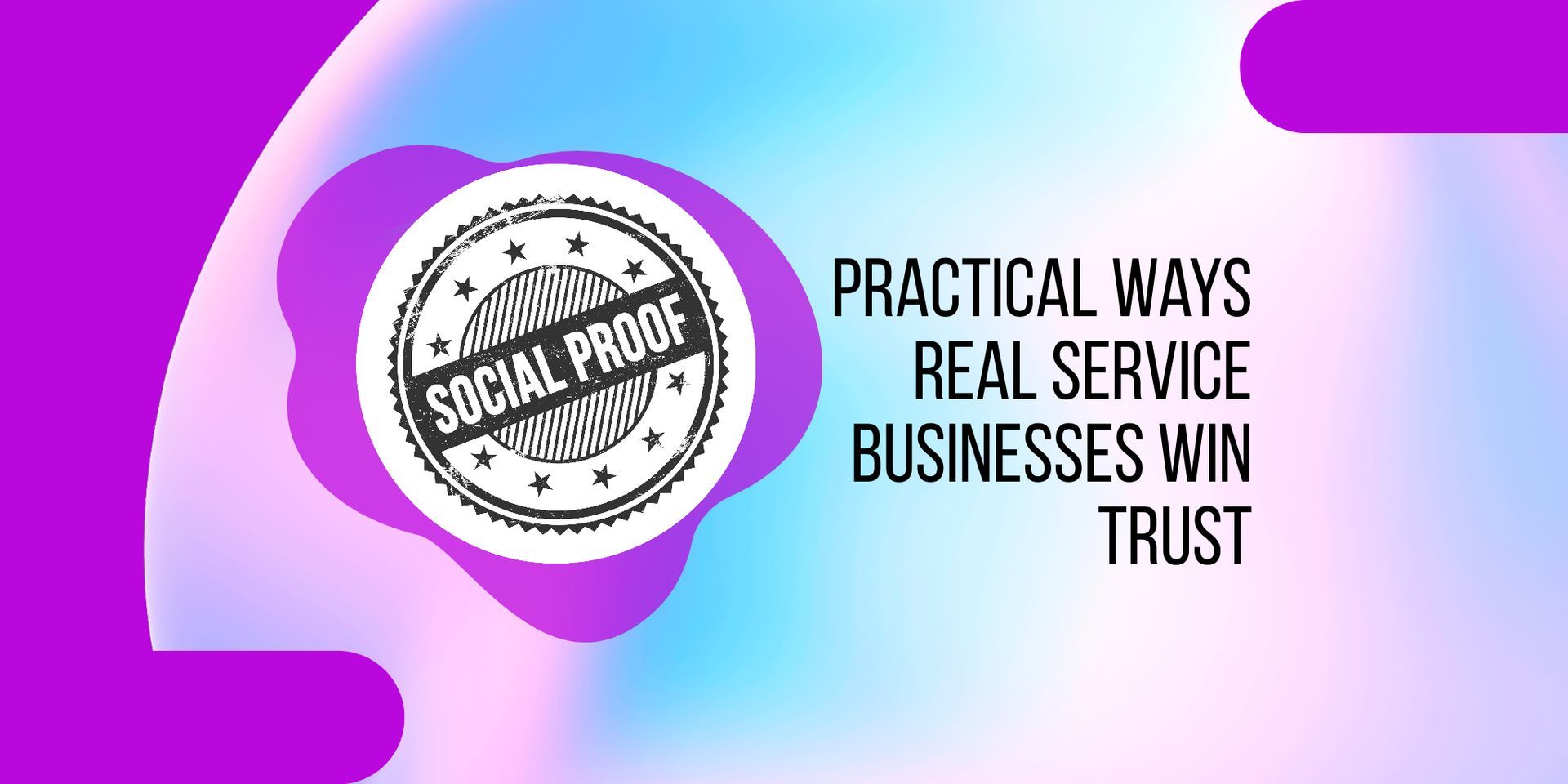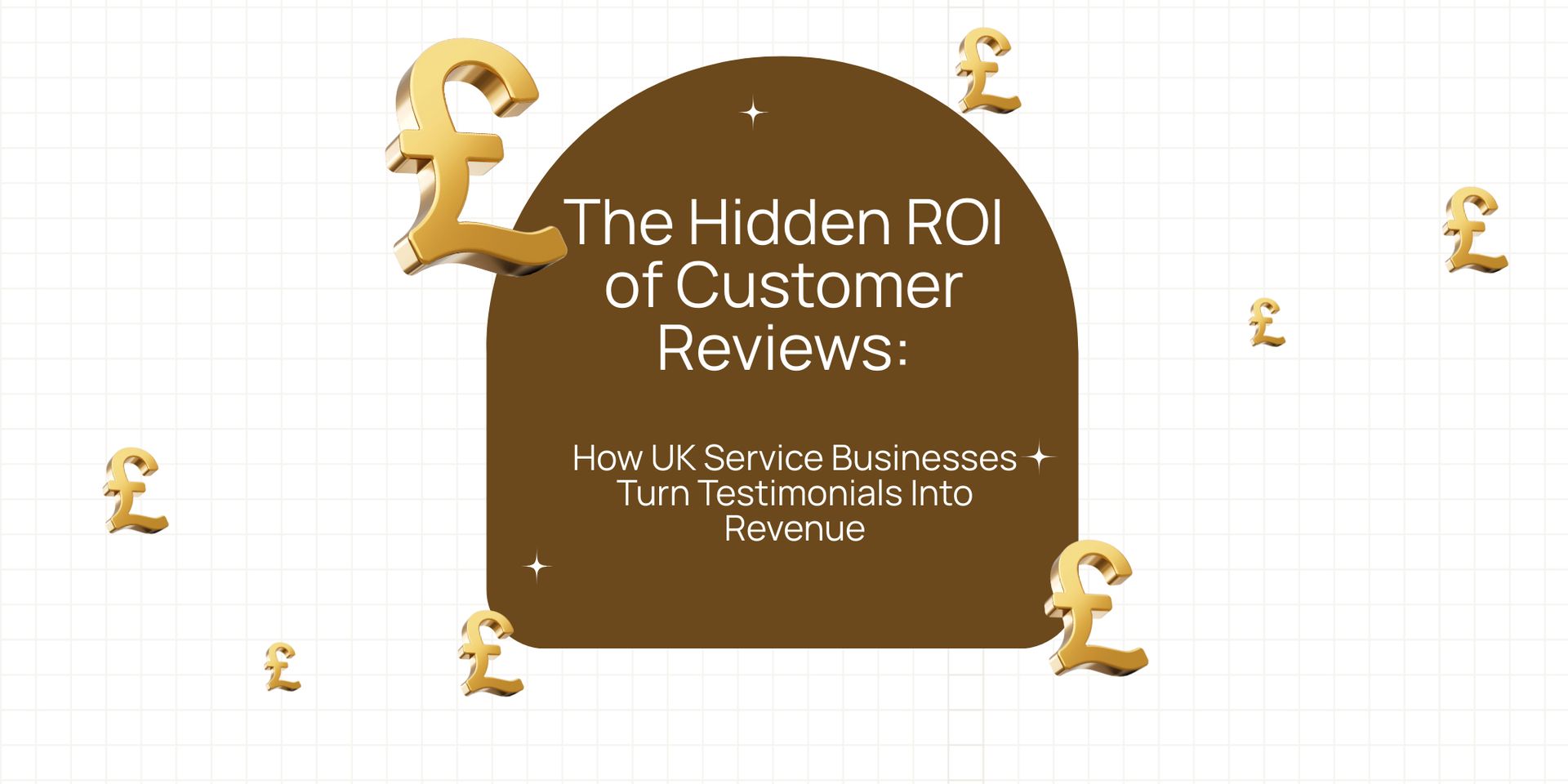How to Get More Customer Reviews: A Practical Guide for UK Businesses
Your future customers are waiting to hear what your current ones have to say

Getting customer reviews shouldn't feel like pulling teeth. Yet here we are, most of us sitting with a handful of reviews while our competitors seem to collect them effortlessly. Sound familiar?
The truth is, there's no magic formula, but there are proven strategies that actually work.
I've seen businesses transform their review collection from a trickle to a steady stream by making a few key changes.
Start with the Obvious: Just Ask
This may sound too simple, but most businesses never ask for reviews.
We assume customers will leave them naturally, but that rarely happens.
People are busy, and distracted, and unless you give them a gentle nudge, they'll forget entirely.
The best time to ask?
Right after you've delivered great service when the positive experience is fresh in their mind.
A simple "If you're happy with our work, would you mind leaving us a quick review on Google?" works wonders.
Make It Ridiculously Easy
Here's where most businesses go wrong – they make the review process complicated.
Sending someone a link to your Google Business page and expecting them to navigate through multiple clicks is asking too much.
Instead, create direct links to your review pages. For Google, you can generate a direct review link that takes customers straight to the review form.
The same goes for Facebook and other platforms.
The fewer clicks, the better your success rate.
But here's an even simpler approach – platforms like the Customer Feedback Centre take all the stress out of asking customers for reviews.
Rather than juggling multiple review sites and creating individual links for each platform, an automated system handles the entire process for you.
It monitors over 100 review sites, sends review requests at the optimal time, and manages responses across all platforms from one dashboard.
This means you can focus on delivering great service while the technology handles the review collection process seamlessly.
Timing Is Everything
You wouldn't ask someone on a date right after they've had a terrible day, would you? The same principle applies to review requests.
The sweet spot is usually 24-48 hours after service completion.
This gives customers time to see the full results of your work (especially important for trades like cleaning, landscaping, or home improvements) while the experience is still fresh.
For ongoing services, ask after particularly positive interactions or milestone moments.
A physio might ask after a patient reports significant pain improvement, or a driving instructor after a student passes their driving test.

Use Multiple Touchpoints
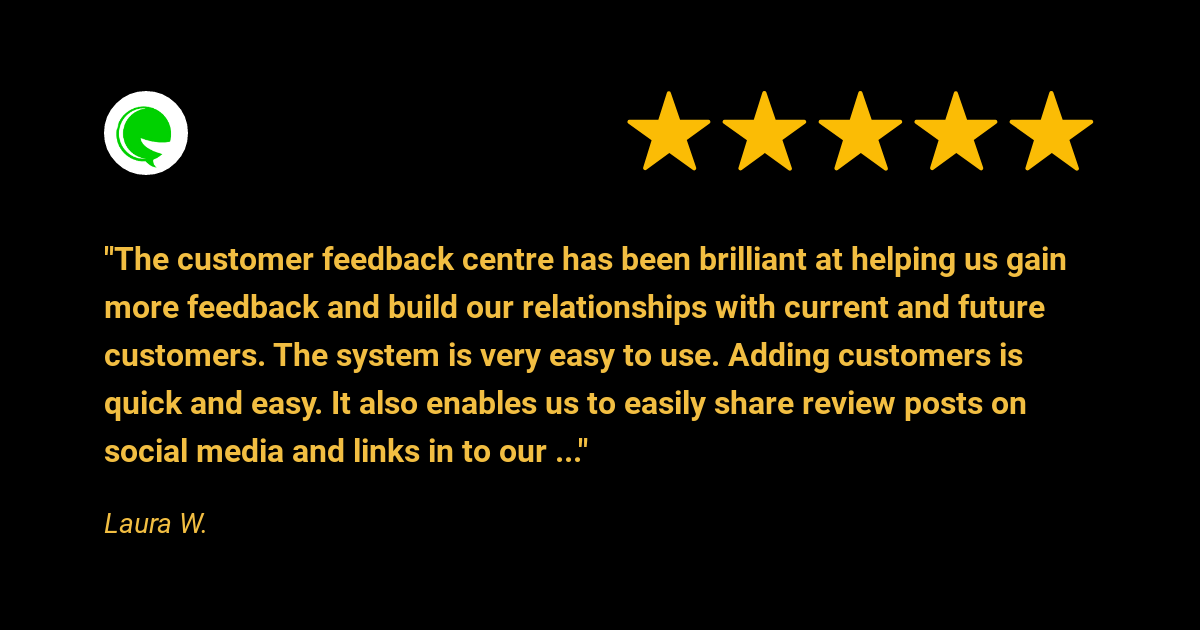
Don't put all your eggs in one basket. Mix up your approach:
Follow-up emails: Include review requests in your standard follow-up communications
Text messages: Quick, personal, and hard to ignore
In-person requests: Often the most effective, especially for local service businesses
Receipt inserts: Small cards with QR codes linking to review pages
Social media: Gentle reminders to your followers
Incentivise (But Do It Right)
Offering incentives for reviews is a
grey area, but there are a few ethical ways to encourage participation. Instead of paying for reviews, you can consider:
- Entering reviewers into a monthly prize draw
- Offering small discounts on future services
- Donating to charity for each review received
- Creating a loyalty programme where reviews earn points
Just remember –
never pay directly for reviews or ask for only positive ones. That's against platform guidelines and damages your credibility.
Handle the Process Professionally
Create a simple system that your team can follow consistently. This might include:
- Standard scripts for asking for reviews
- Template emails with direct links
- Follow-up schedules
- Training for staff on when and how to make requests
Consistency is key. One week of asking for reviews won't transform your business, but incorporating it into your standard processes will.
Address the Elephant in the Room
What about negative reviews? They're going to happen, and that's actually not a bad thing.
A business with only five-star reviews often looks suspicious to potential customers.
The key is responding professionally to all reviews – positive and negative. Thank people for positive feedback, and address concerns raised in negative reviews constructively.
This shows potential customers that you care about service quality and are willing to make things right.

Local Businesses Have an Advantage
If you're a local service business, you have a huge advantage over national chains – personal relationships. Use this to your advantage:
- Follow up with customers personally
- Remember details about their specific situation
- Build genuine relationships that naturally lead to recommendations
- Become part of the local community through networking and local events
Track What Works
Not all review requests will be successful, and that's normal. Industry averages suggest a 10-20% response rate is good. But you should track your efforts to see what's working:
- Which request methods get the best response?
- What timing works best for your industry?
- Are certain types of customers more likely to leave reviews?
- Which staff members are most successful at getting reviews?
Use this data to refine your approach over time.
The Long Game
Building a strong review profile takes time and effort.
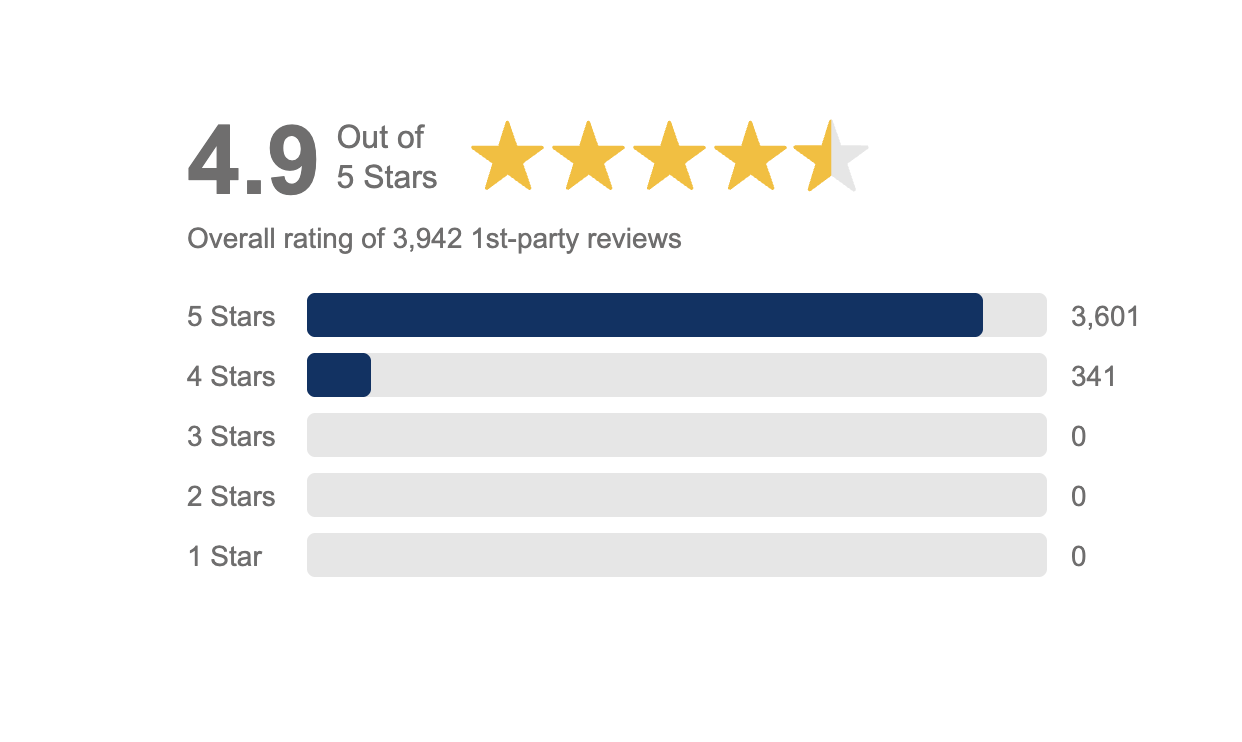
Don't expect overnight results, but do expect steady progress if you're consistent. Focus on delivering excellent service first – everything else follows from there.
Remember, reviews aren't just about attracting new customers; they're also about retaining existing ones.
They provide valuable feedback about your business, help you identify areas for improvement, and give you content for marketing materials.
Making It Sustainable
The businesses that succeed long-term with review collection are those that make it part of their standard operating procedure.
It's not a one-off campaign or something you do when you remember – it's built into how you do business.
Train your team, create systems, and make review requests as natural as saying "thank you" at the end of a job.
When it becomes second nature, the reviews will follow.
Obtaining more customer reviews isn't rocket science, but it does require consistency and a genuine commitment to delivering exceptional customer service.
Start with one or two strategies, get comfortable with them, and then gradually expand your approach.
Your future customers are waiting to hear what your current ones have to say.
Give them something worth talking about, then make it easy for them to share it with the world.
I hope the above article was of interest and you found it useful.
If you need our help, then please arrange a call with me.
